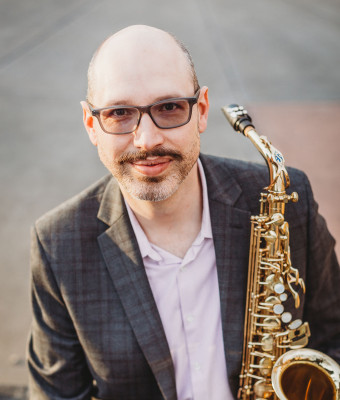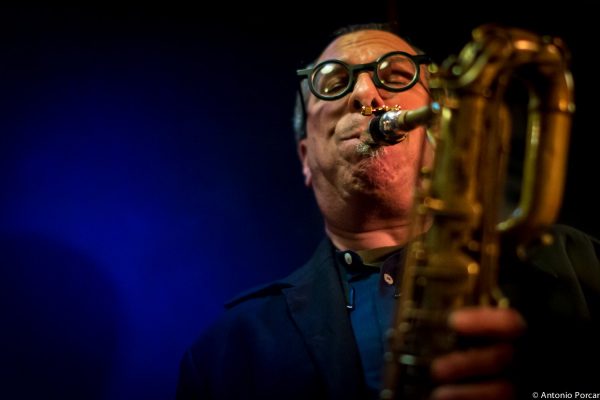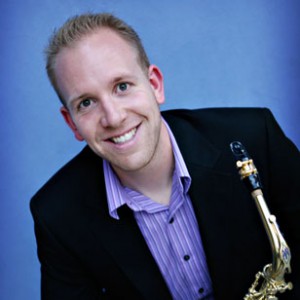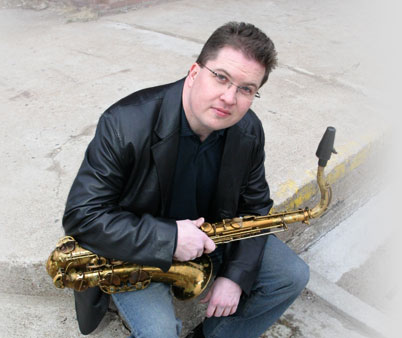Studio Overview
The primary goal of the CSU Saxophone Studio is to elevate the level of craft, creativity, and expression of all the members of the studio through rigorous training in the areas of saxophone technique, musical interpretation, concert literature, jazz style, and improvisation, and preparation for professional activities. Though the amount of material covered may vary, all students, regardless of major or minor, will be treated with the same level of attention and enthusiasm, and thus all students are expected to approach their private study with discipline and concentration. At the core of this discipline is the development of a consistent and logical practice routine to prepare for performances throughout the semester.
To fully prepare studio members for life after graduation, many aspects of saxophone technique and the appropriate amount of concert literature will be taught to all students. Beyond this, each student’s areas of interest will be considered whenever possible, as long as goals are met to ensure a quality education and timely graduation. All students are strongly encouraged to study jazz and improvisation.
In addition to our musical goals and objectives, the studio has three additional guiding principles: respect, camaraderie, and professionalism. Whether in our private lessons, studio classes, recitals, ensembles, or informal social interactions, we must treat our fellow students and instructors with the same respect and professionalism that we wish in return. Success in the professional world, whether teaching, performing, or practicing, is measured not only on our ability to create music but also on our ability to be prepared, be on time, and meet deadlines, as well as our presentation to others, including how we treat our peers and superiors. Members of the saxophone studio are expected to be prepared and fully present in all our ensembles and performances. Additionally, we help others inside and outside the studio to elevate the level of the whole studio by offering encouragement and constructive advice to our fellow students whenever possible.
Study With
Audition Requirements
Undergraduate Audition (all degrees)
- Scales
- Major scales with arpeggios (as many keys as possible).
- Minor scales (ability to perform in at least one minor form) with arpeggios (also in as many keys as possible).
- Sight reading (provided at audition)
- Two Contrasting Works: Audition should include contrasting selections or movements from standard saxophone literature and/or etudes.
Suggested Etude Books
- A.M.R. Barret, Forty Progressive Melodies (for Saxophone), edited by Hite, Southern Music
- W. Ferling, 48 Famous Studies (for Oboe or Saxophone), revised by Andraud, Southern Music (note: other editions of these studies, including the edition edited by Mule and published by Leduc, are fine as well)
- Guy Lacour, 50 Etudes (50 Easy and Progressive Etudes): Book 2, Gerard Billaudot (publisher)
Suggested Standard Literature
- Bozza, Aria
- Creston, Sonata (any movement)
- Glazounov, Concerto
- Maurice, Tableaux de Provence (any movement)
OPTIONAL: A jazz etude or the performance of a jazz standard or classic with or without pre-recorded accompaniment. Improvisation is not required but encouraged.
* Students wishing to audition on tenor saxophone may play any of the above etudes (unaccompanied saxophone etudes in collections are typically not for a specific saxophone) or another piece that is in line with the above requirements.
Graduate Audition
- Scales:
- All Major scales with arpeggios, full range (altissimo not required)
- All Minor scales (ability to perform in at least one minor form) with arpeggios, full range
- All Major and Minor 3rds, full range
- One movement from Sonata by Paul Creston
- One movement (or selection) from an additional standard work such as (but not limited to):
- Glazounov, Concerto
- Ibert, Concertino da Camera
- Maurice, Tableaux de Provence (4th or 5th movement preferred)
- One movement from a work of your choice
- OPTIONAL: A jazz etude or the performance of a jazz standard or classic with or without pre-recorded accompaniment. Improvisation is not required, but encouraged.





